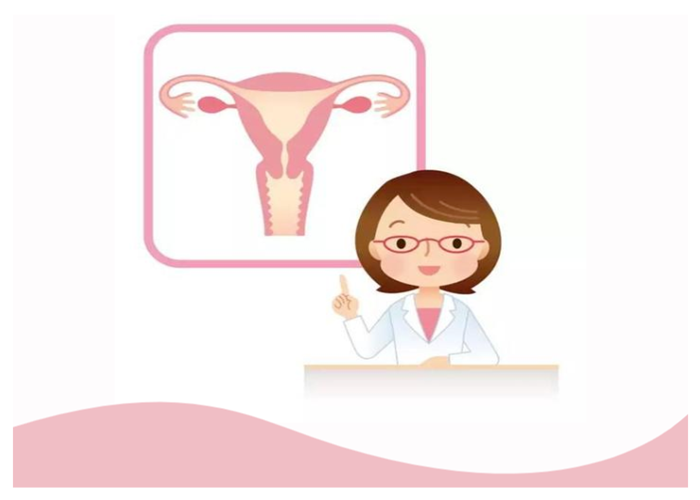Uterine fibroids are a common health issue that has a significant impact on women’s lives. These non – cancerous growths that develop in the uterus can cause a wide range of physical, emotional, and social consequences.
The National Institutes of Health (NIH) in the United States is a major publisher of research on uterine fibroids. The NIH funds numerous studies through its various centers and institutes. For example, the Eunice Kennedy Shriver National Institute of Child Health and Human Development (NICHD) conducts research on reproductive health, including uterine fibroids. Their studies cover a wide range of topics such as the genetic factors contributing to fibroids, the impact of hormonal changes on fibroid growth, and the long – term outcomes of different treatment methods.
The Wellcome Trust Sanger Institute in the UK is another important institution. It is involved in genomic research related to fibroids. Their work has helped in understanding the genetic mutations associated with the development and growth of uterine fibroids. By sequencing the genomes of fibroids and the surrounding normal tissue, they have provided insights into the biological mechanisms underlying fibroid formation.
Johns Hopkins University School of Medicine is renowned for its research on uterine fibroids. Their researchers conduct in – depth studies on the pathophysiology of fibroids, exploring how factors like inflammation, angiogenesis (the growth of new blood vessels), and extracellular matrix remodeling contribute to fibroid growth. They also study the effectiveness of new drug therapies and minimally invasive surgical techniques for treating fibroids.
Stanford University’s medical school also publishes significant research. Their work may focus on the use of advanced imaging techniques to better diagnose and monitor uterine fibroids. For example, they might study how magnetic resonance imaging (MRI) can provide more accurate information about the size, location, and composition of fibroids, which is crucial for treatment planning.
The American College of Obstetricians and Gynecologists (ACOG) publishes research – based guidelines and studies related to uterine fibroids. Their research is aimed at providing evidence – based recommendations for the diagnosis, management, and treatment of fibroids. They also conduct surveys and research on the prevalence of fibroids and the impact of different treatment modalities on women’s quality of life.
The European Society of Human Reproduction and Embryology (ESHRE) also publishes research in the context of fibroids and their impact on fertility. Their studies help in understanding how fibroids affect the reproductive outcomes of women and the best strategies for managing fibroids in women who are trying to conceive.
Pharmaceutical companies that develop drugs for the treatment of uterine fibroids, such as AbbVie and Pfizer, conduct and publish research. Their studies focus on the efficacy and safety of their drug candidates. For example, they may research new hormonal therapies or drugs that target specific molecular pathways involved in fibroid growth. Their research is important for the development of new treatment options, but it’s important to note that they may have a commercial interest in the outcomes.
Physically, uterine fibroids can lead to a variety of symptoms. One of the most common is heavy menstrual bleeding. Women with fibroids may experience periods that are longer, heavier, and more painful than normal. This excessive bleeding can cause anemia, leaving women feeling fatigued, weak, and short of breath. In addition to abnormal bleeding, fibroids can also cause pelvic pain and pressure. The size and location of the fibroids within the uterus can determine the severity of these symptoms. Larger fibroids or those that are located near sensitive structures within the pelvis can cause more intense pain, which may be constant or occur intermittently.
Fibroids can also have an impact on a woman’s reproductive health. They may interfere with a woman’s ability to conceive, either by blocking the fallopian tubes, distorting the shape of the uterus, or affecting the implantation of a fertilized egg. For women who do become pregnant, fibroids can increase the risk of complications such as miscarriage, preterm labor, and abnormal fetal positioning. These potential reproductive issues can cause significant emotional distress for women who are trying to start or expand their families.
Emotionally, dealing with uterine fibroids can be a challenging experience. The symptoms of fibroids can affect a woman’s quality of life, making it difficult for her to carry out daily activities, work, or engage in social events. The uncertainty about the progression of the fibroids and the potential need for treatment can also cause anxiety. Women may worry about the impact of treatment options on their fertility, their ability to have a normal life after treatment, and the potential for the fibroids to recur.
Socially, uterine fibroids can also have an impact. The symptoms may limit a woman’s participation in social activities, causing her to withdraw from friends and family. The need for frequent medical appointments and potential surgeries can also disrupt a woman’s work and personal life. In some cases, the financial burden of treating fibroids, including the cost of medications, surgeries, and follow – up care, can add to the stress.
In conclusion, uterine fibroids have a far – reaching effect on women. Understanding these effects is crucial for both women who are affected by fibroids and the healthcare providers who treat them. By raising awareness of the physical, emotional, and social impacts of fibroids, we can better support women in managing this common health condition and making informed decisions about their treatment options.
Read more
- Coenzyme Q10 Health Goods: Why The United States Has Banned Them
- Baby’s First 1000 Days: Cutting Sugar For Healthier Futures
- Prostate Cancer In Men: A Global Concern & National Responses


